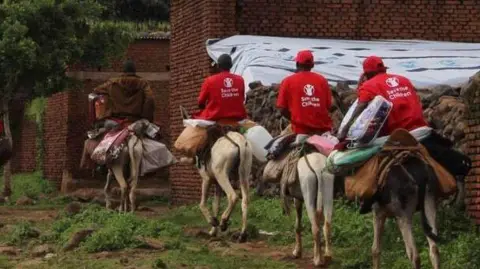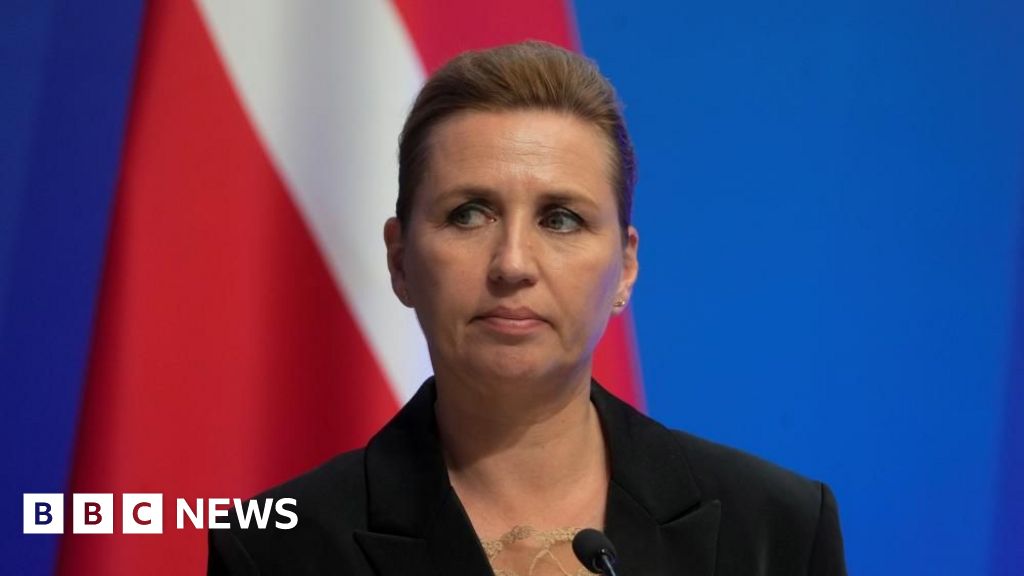The United States, previously a cornerstone of international aid, is experiencing upheaval as the Trump administration enacts drastic cuts to foreign assistance programs. This decision is leading to significant ramifications for millions around the globe who rely on crucial support services, including life-saving health care and nutritional aid.
In February 2025, the administration's decision to freeze foreign aid for a period of 90 days and slash the workforce of the U.S. Agency for International Development (U.S.A.I.D.) to just 5% has thrown operations into turmoil. Formerly, funds provided by this agency supported an extensive network of organizations addressing pressing global health challenges such as HIV treatment for over 20 million people, nutritional supplements for malnourished children, and support for refugees and survivors of violence.
The sudden halt has led aid officials to describe an environment rife with confusion and distress. The impact is acute, especially among smaller organizations that lack resources to navigate this environment. Many are downsizing or shutting their doors entirely. A striking example is the HIV prevention group AVAC, which disclosed a reliance on U.S.A.I.D. for almost 40% of its funding. Mitchell Warren, director of AVAC, highlighted how these cuts destroy decades of relationships and systems that have been carefully built over time.
As critical support for vulnerable populations dwindles, communities already grappling with economic challenges and conflict in nations across the globe face dire prospects. Not only have smaller organizations folded, but larger entities, including Catholic Relief Services, have announced significant layoffs and furloughs as they grapple with funding instability.
The halted flow of aid signals a troubling future, as other nations and philanthropic efforts are unlikely to bridge the considerable gaps left by U.S. support. With recipient countries restricted by heavy debt burdens, the promise of immediate relief continues to dwindle, exacerbating the urgency of the situation.
As the international community watches these developments unfold, the overarching question remains: how will communities reliant on this aid find paths forward amidst the chaos generated by abrupt policy changes? The repercussions of undermining a critical lifeline are profound and warrant immediate attention from global leaders and activists alike.





















